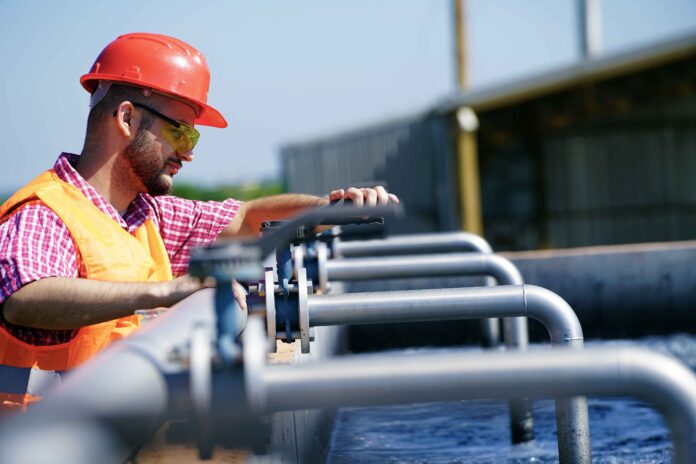Seqwater and Water Minister Glenn Butcher both say no decision has yet been made on a Meridan Plains property that many residents fear could be the site of a future Sunshine Coast desalination plant.
But without either clearly ruling out any such plan, speculation continues.
The state’s only desalination plant opened in 2009 in Tugun, at a cost of $1.2 billion, and now supplies water to the South-East Queensland grid.
Seqwater said in September 2020 in a release on its website that the Tugun desalination plant had the capacity to produce up to 133 million litres of water a day, the equivalent of the daily water supply for almost 300,000 households.
Media last year reported that the Palaszczuk government was split over talk of a second multibillion-dollar desalination plant that could be built on the Sunshine Coast to secure the region’s water supply in the future.
Ms Palaszczuk is said to be open to desalination as an option to future-proof the resource, while Mr Butcher is a supporter of recycled water.
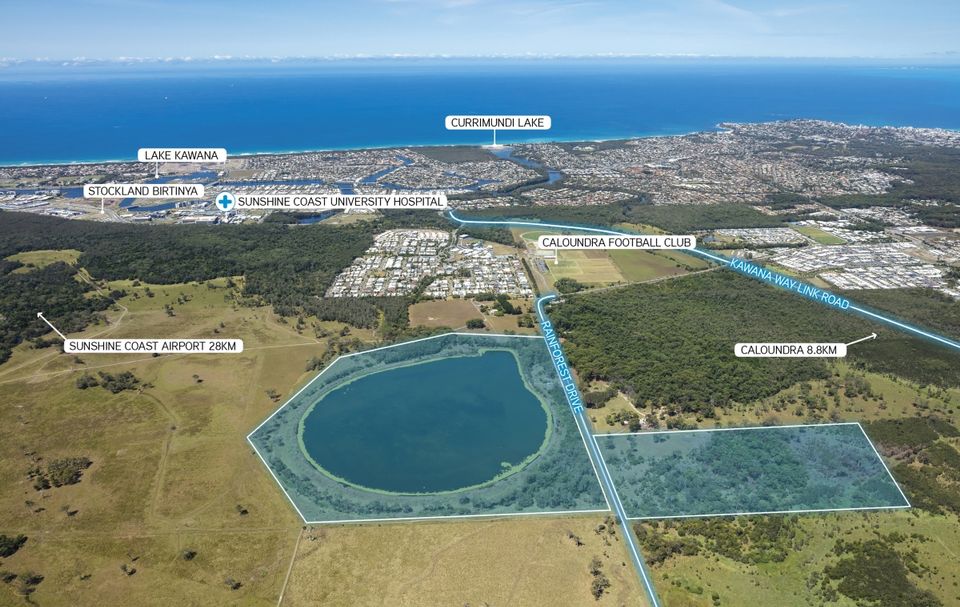
The political stalemate remains as Seqwater continues to finalise its current Water Security Program review (its 2021 Water Security Program Annual Report expected the program to be updated in 2022), and as State Deputy Opposition Leader and Member for Kawana Jarrod Bleijie sought answers from Mr Butcher on the speculation that the Meridan Plains property Seqwater owns would be used as part of a desalination operation on the southern end of the Coast.
Sunshine Coast News put its own questions to Seqwater to quell the speculation regarding:
- when the Water Security Program review, initially due last year, was likely to be completed and details made available to the public;
- whether the projected population growth in the Sunshine Coast region necessitated a second desalination plant being built in the near future;
- whether a desalination plant for Seqwater’s Meridan Plains property and an area off the coastline at Currimundi/Dicky Beach/Wurtulla was being considered among the options for securing water resources for the future as part of the current review;
- when a decision would be made on timing to build any desalination facility; and
- what the cost of such a facility would be.
A spokesperson said Seqwater was constantly planning for the region’s ongoing water security.
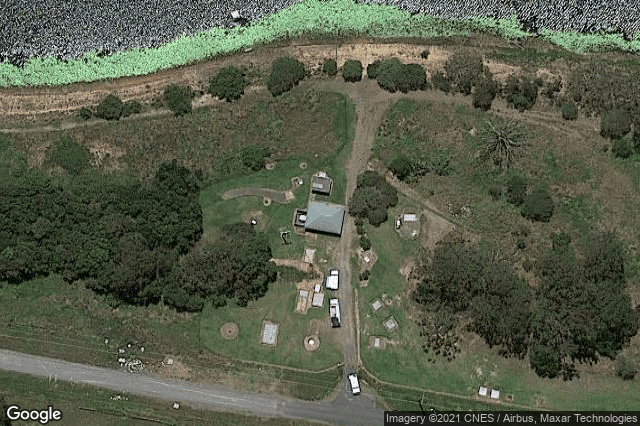
“Seqwater’s Water Security Program sets out projected water demand from industry and the community over the next 30 years, and maps out the infrastructure necessary to address it, and when it is needed,” the spokesperson said.
“It considers not only water demand but also projected rainfall, climate change and other factors impacting supply, so water planning ensures supply matches demand.
“An update to the Water Security Program is underway and the report will be made available to South-East Queensland communities through the Seqwater website once this work is finalised.
“The review will consider future population growth projections to inform planning for any major investment, including the timing for such investment.
Do you have an opinion to share? Submit a Letter to the Editor with your name and suburb at Sunshine Coast News via: news@sunshinecoastnews.com.au
“While Seqwater does hold a parcel of land near Meridan Plains, like other utilities and authorities, land purchases are at times undertaken to support strategic planning. No decisions have been made on any potential development of this land.”
The Sunshine Coast’s two main dams — Ewen Maddock near Mooloolah Valley and Baroon Pocket near Montville — are considered small and quick to drain.
On March 31, the capacity of Baroon Pocket was 83 per cent (50,638ML of the 61,000ML full-supply volume) and Ewen Maddock was 85 per cent (14,103ML of the 16,587ML full-supply volume).
The population of the Sunshine Coast is expected to increase by some 200,000 people over the next 20 years, including burgeoning estates such as Aura, Harmony and the proposed Beerwah East.
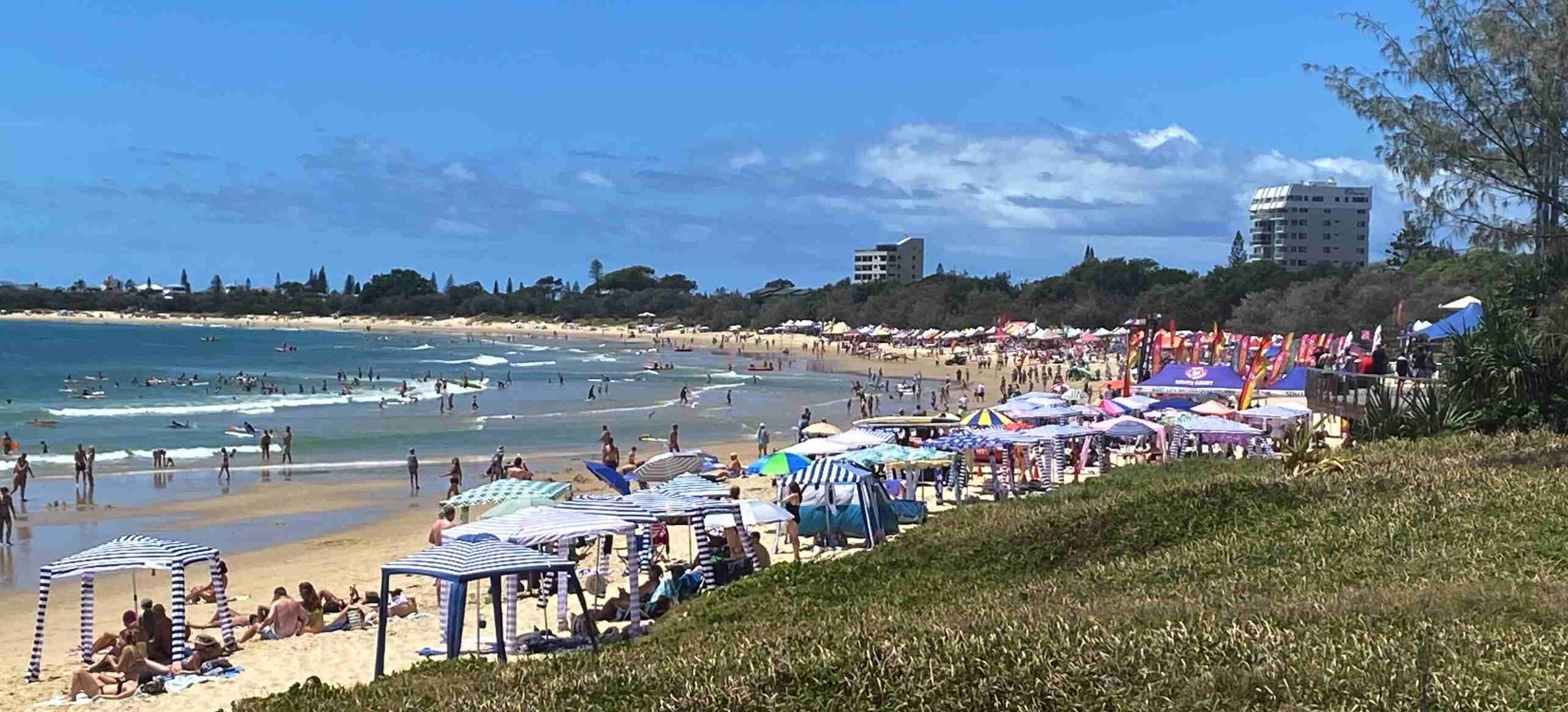
Sunshine Coast News reported in February last year that the desalination option was gaining traction as a solution to the growing region’s future water supplies against the combined impacts of climate change and massive population growth.
Some say it may be the only option, due to the unpopularity of building new dams, unavailability of suitable dam sites in the area and public perception associated with recycling sewage water.
Water would be pumped to the plant from the sea and converted into fresh water for drinking in order to counteract the problem of unreliable rainfall.
SUBSCRIBE here now for our FREE news feed, direct to your inbox daily.
Sunshine Coast News understands that Seqwater purchased land at 58 Rainforest Drive, Meridan Plains – to the west of Woodlands Park and about 5km directly west of Wurtulla Beach as the crow flies – for $2,255,000 in 2019.
The acquisition followed a statement in 2018 that Seqwater was considering desalination because the region would need a new source of bulk water over the next two decades.
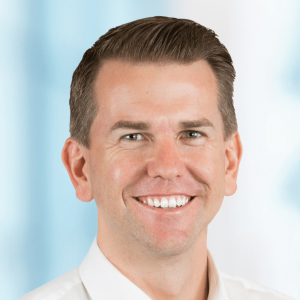
Mr Bleijie wrote to Mr Butcher in December last year and again last month (March), saying that despite ongoing speculation about a second desalination plant, his Meridan Plains community had not been consulted on the issue.
His letters sought clarification on the possible saltwater intake beach a desalination plant would rely on, whether a business case and environmental impact assessment had been undertaken, and what alternatives had been considered.
“As you would appreciate, Meridan Plains is not directly adjacent to the beach so any desalination plant would require kilometres of infrastructure and pipes from the coast to the proposed site,” Mr Bleijie wrote.
In a reply letter dated March 23, Mr Butcher acknowledged Seqwater’s land near Meridan Plains, acquired from Unitywater.
“Like other utilities and government businesses, Queensland’s bulk water providers acquire or sell land from time to time for various operational or strategic reasons,” he wrote.
“However, no decisions have been made on any potential development at the Meridan Plains site.
“Seqwater follows a stringent approach when developing plans for its assets, which includes ensuring any social or environmental impacts are considered and managed appropriately, and that all relevant environmental approvals are obtained prior to any decision being made.
“Seqwater also follows the Queensland Government’s Business Case Development Framework when planning all new major infrastructure, which ensures a detailed business case is prepared and thorough community consultation is undertaken and considered before any investment decision is considered by government.”
Help keep independent and fair Sunshine Coast news coming by subscribing to our free daily news feed. All it requires is your name and email. See SUBSCRIBE at the top of this article.


